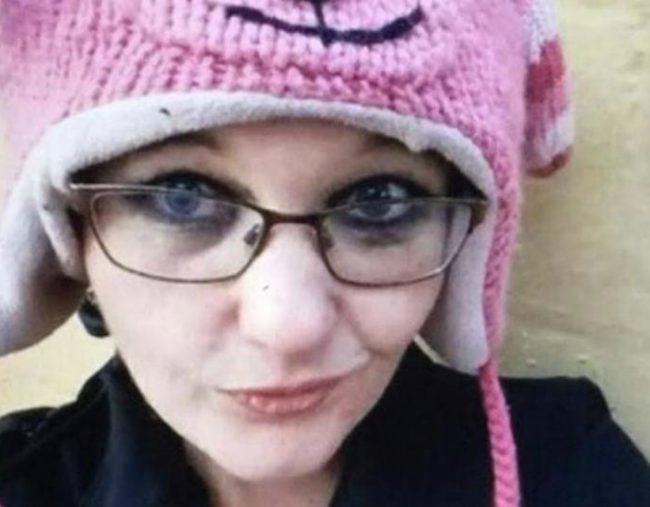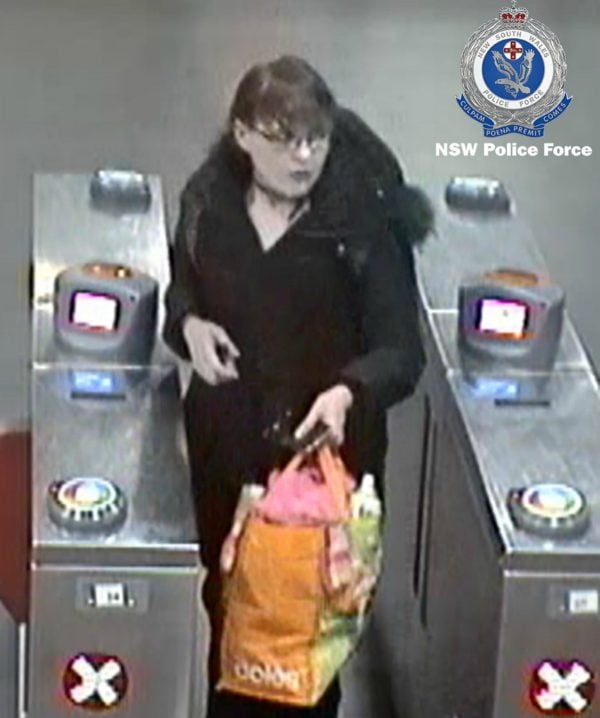
There is a killer on the loose in suburban Sydney.
A person capable of binding a young woman’s hands, beating her severely, and leaving her body carelessly covered with leaves in a public park.
You might have heard the name of that woman who was killed sometime between Sunday, September 30 and Tuesday, October 2. She was called Nicole Cartwright. Nicole was 32. She lived with her parents in Sydney’s Lansville, and she loved dogs.
But you are less likely to have heard of Nicole than of some other women who met an equally horrific end. Names we all know. Eurydice Dixon. Jill Meagher.
Those names are rightly burned into Australian women’s minds and memories, synonymous with lost potential, crushing loss and our very worst fears. A city marched in protest about what happened to those women six years apart, crowds shocked from their homes by the random brutality of their deaths.
But, so far, no-one is marching for Nicole. The person who murdered her is still at large, the police investigation is ongoing and her friends and family are scared and angry. They are also upset about the way she’s being portrayed in the media, with news reports detailing her use of websites that connect people for sex and dating, and apparently, sado-masochistic acts.
“They’re focusing on that stuff,” Nicole’s friend ‘Joe’ told Fairfax reporter Lucy Cormack. “But there was a lot more to her and her life.”
No matter. Nicole does not fit the perfect image of a murder victim. Her death won’t mobilise a mob, or spark a call for a change in the law.

